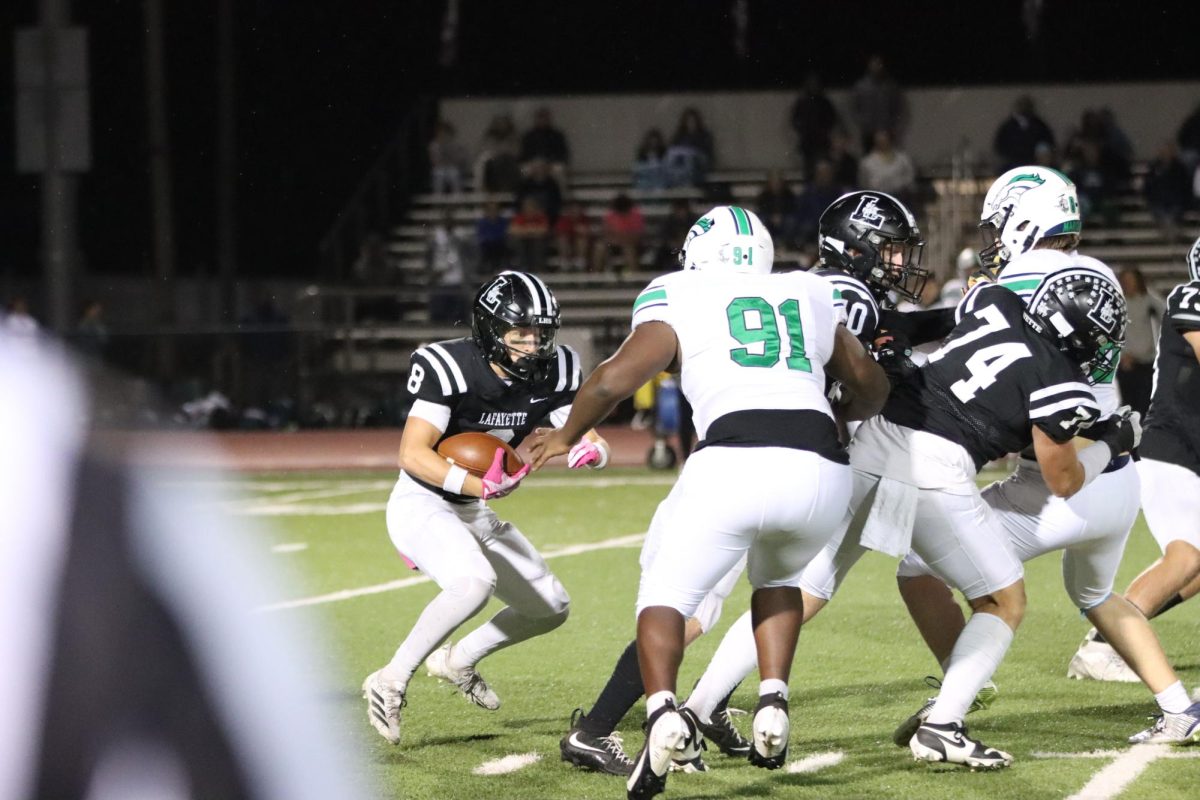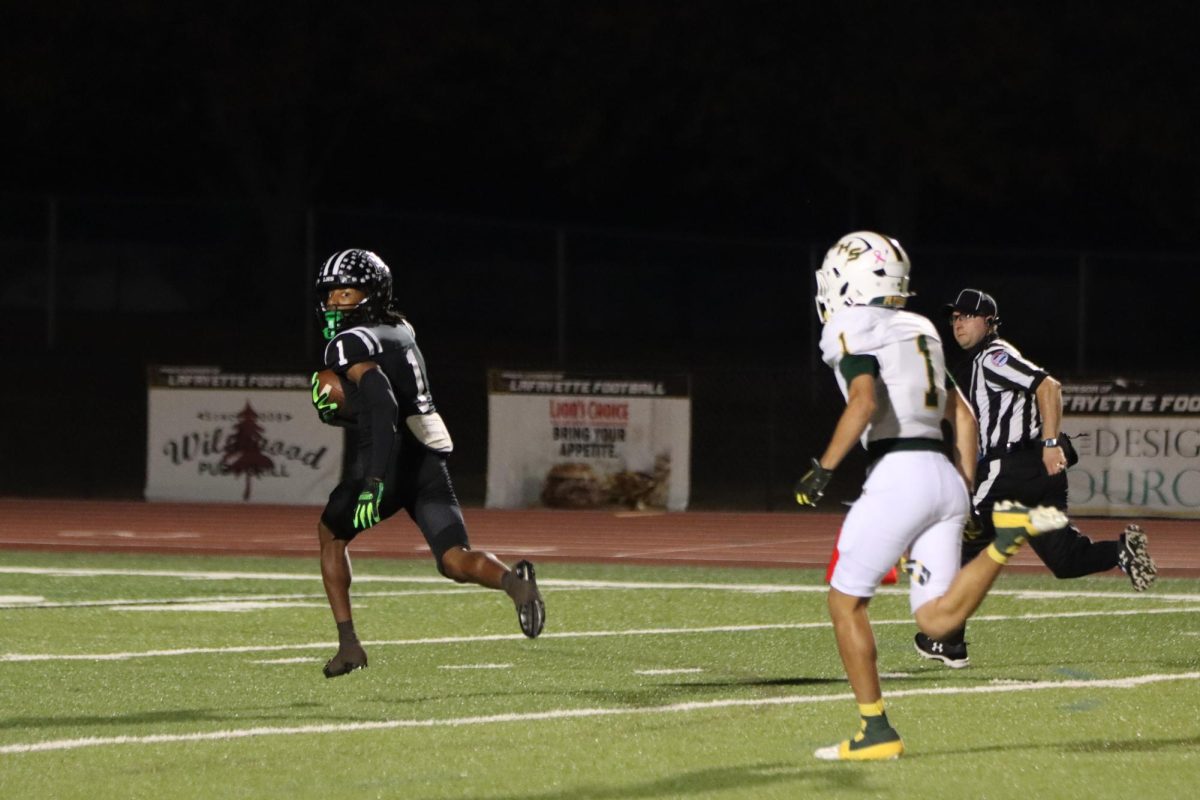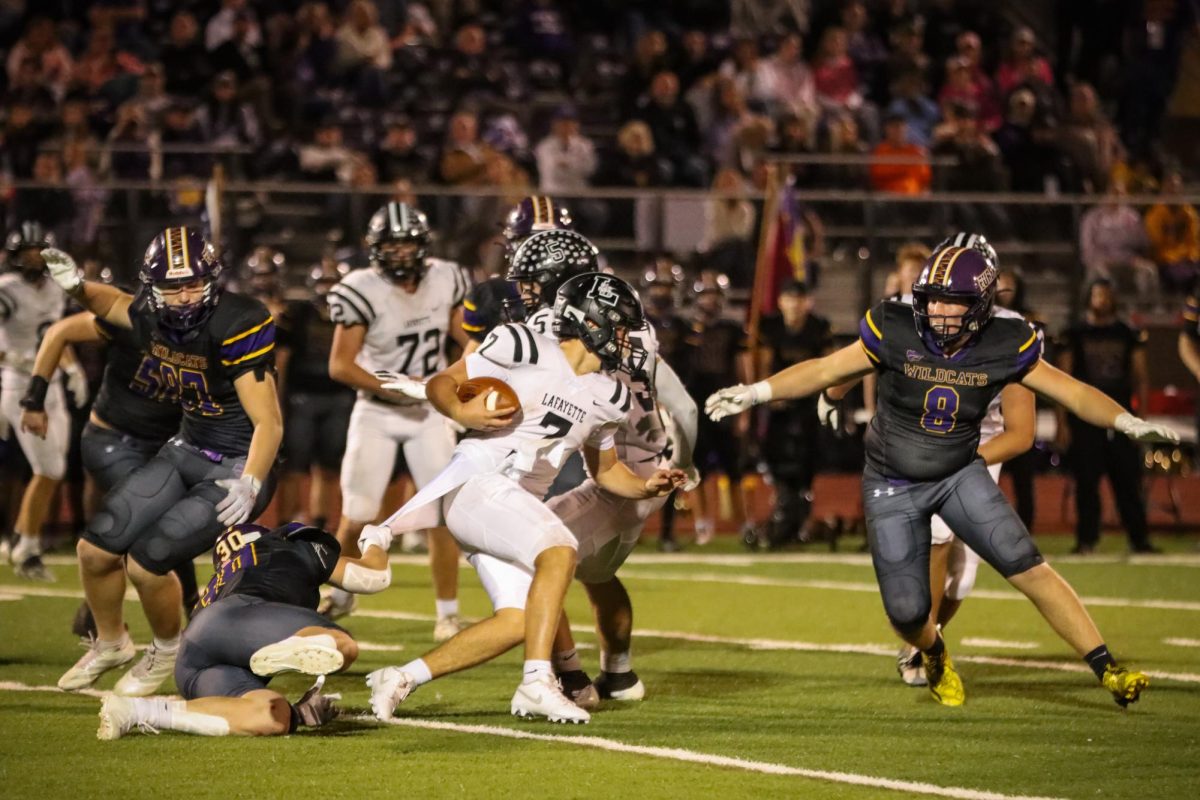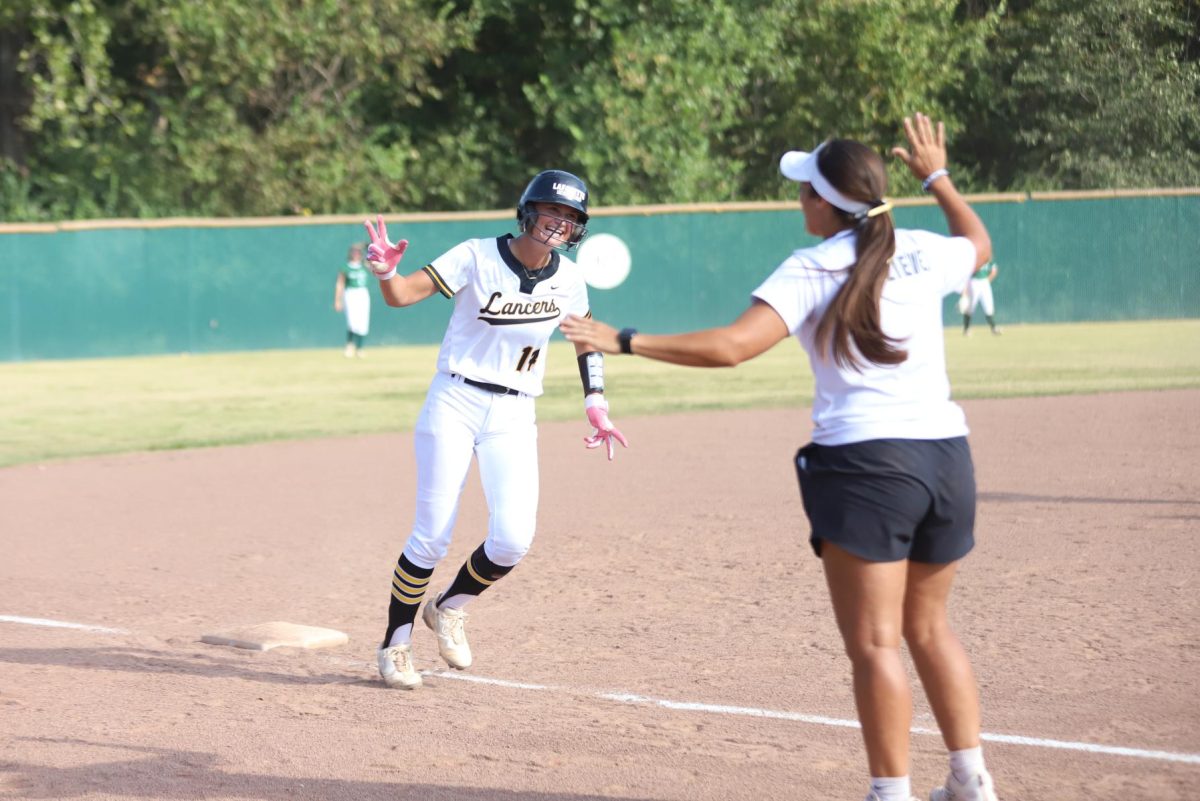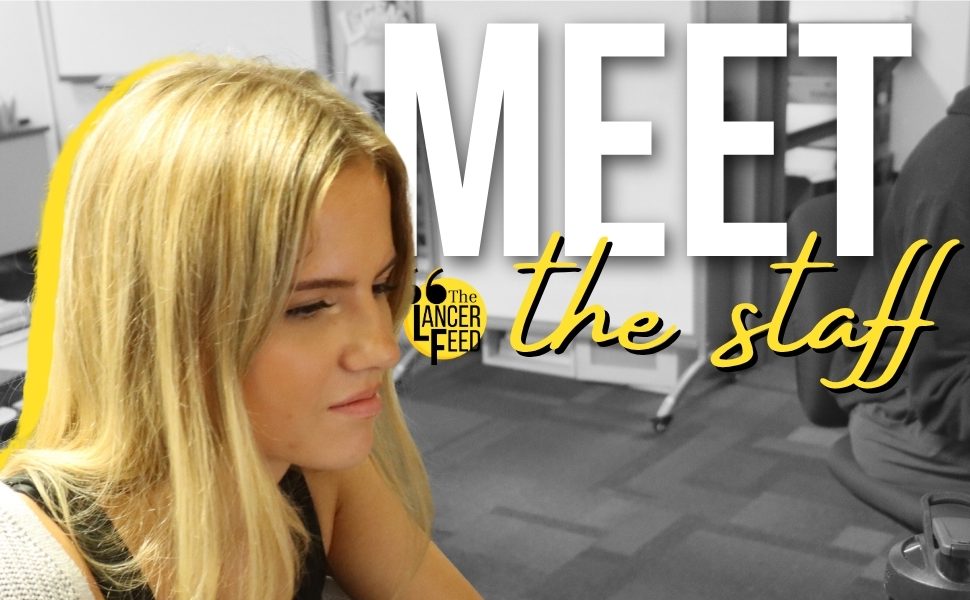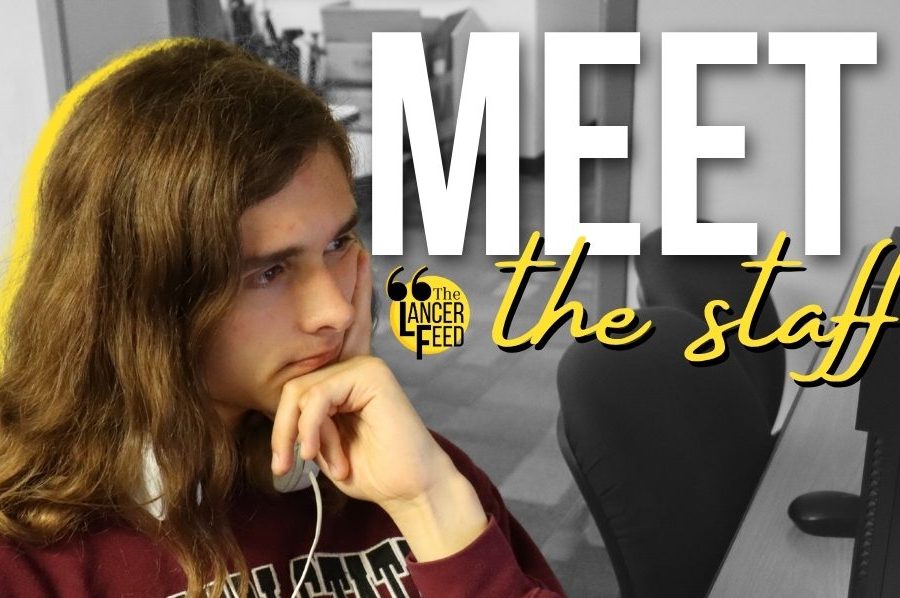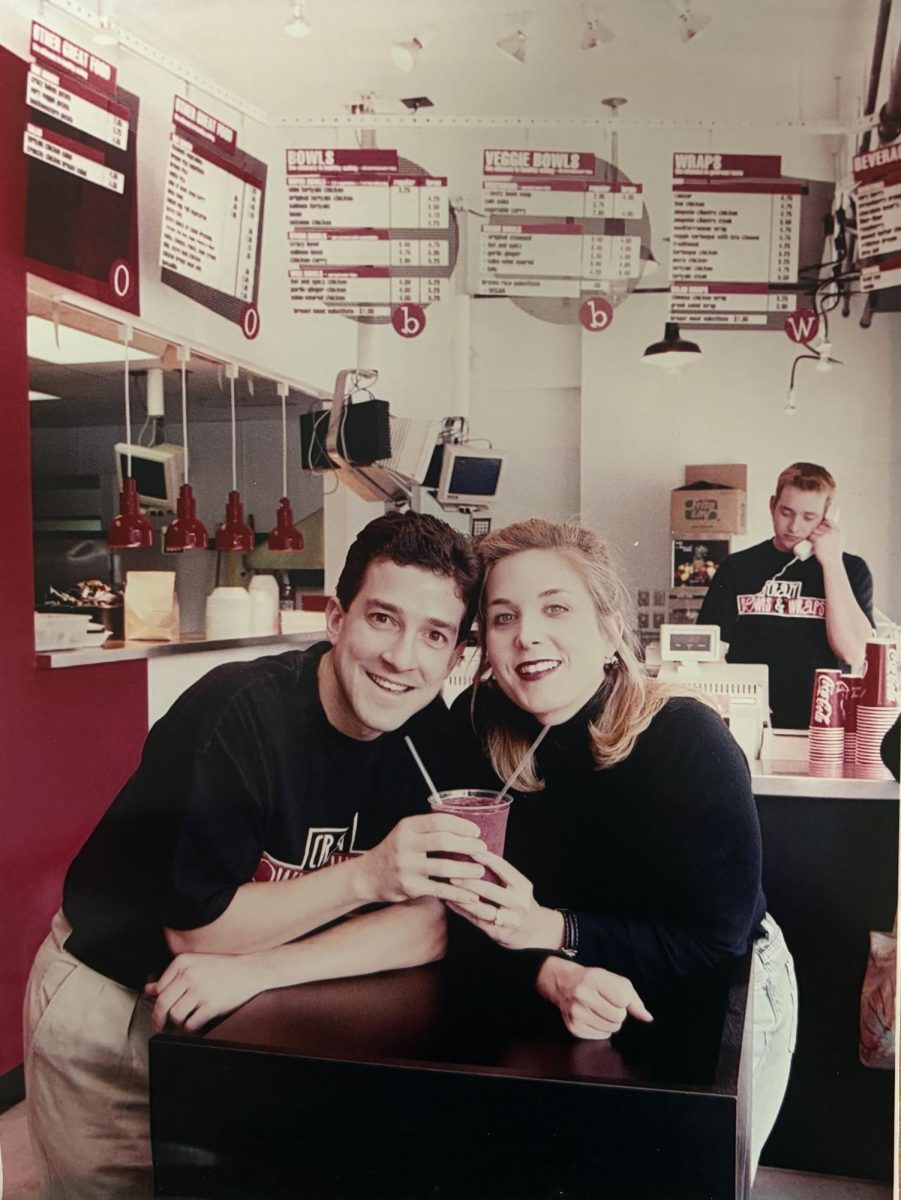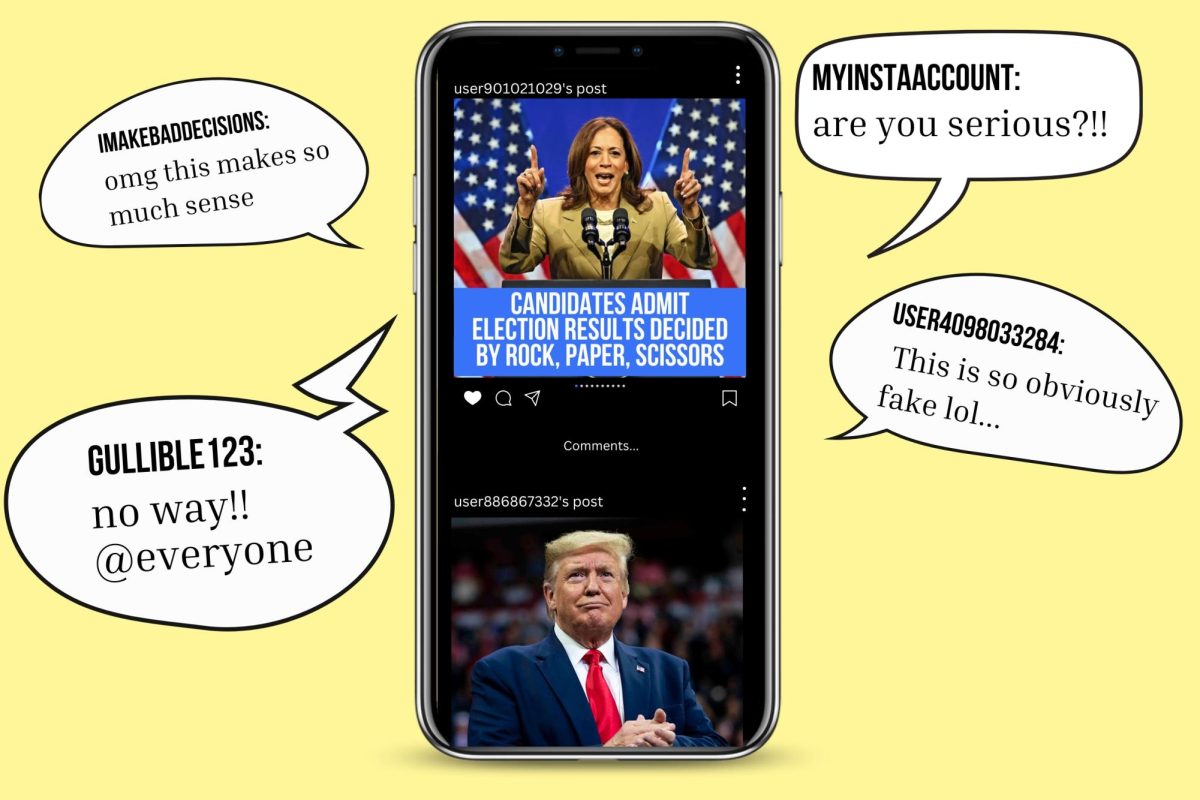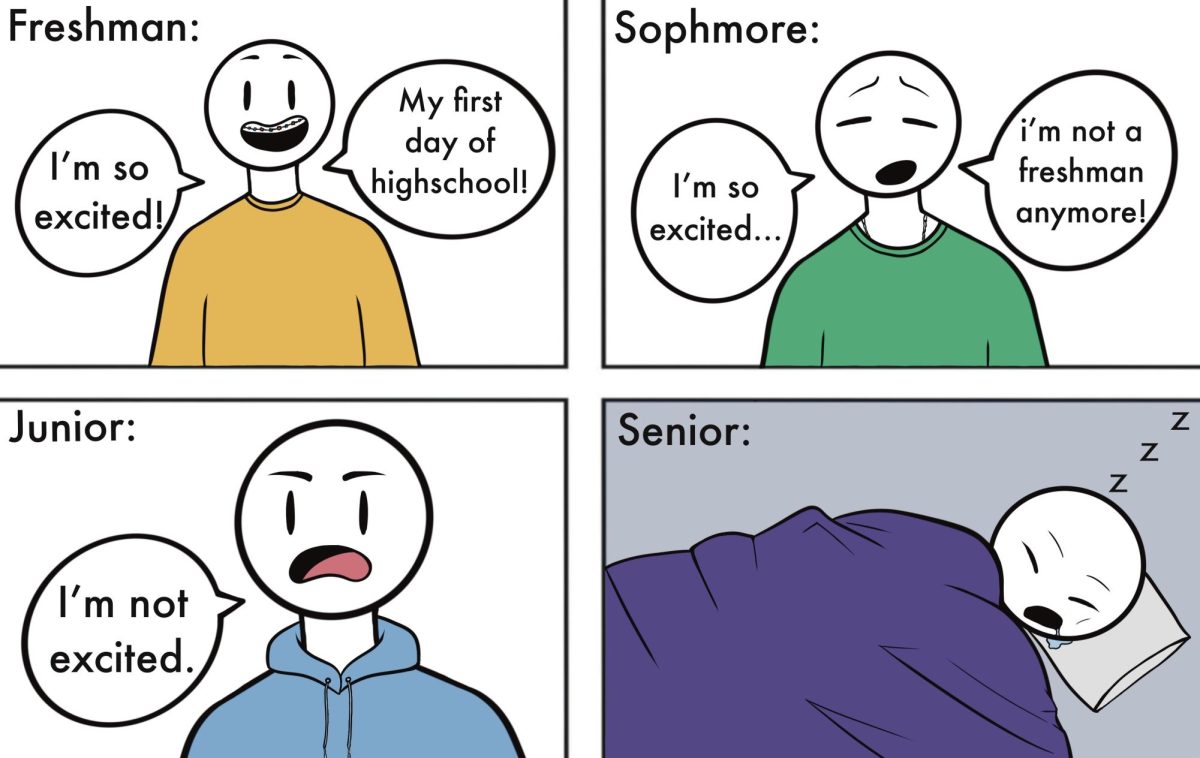Last weekend at the Borders location off Manchester, checkout lines trailed back into the mystery section. People waited up to 15 minutes for half price books as part of the “going out of business sale.”
Earlier this month, Borders filed for bankruptcy reporting debt of $1.29 billion and assets of $1.28 billion. This means 30 percent of Borders’ 600 locations will close according to the Minneapolis / St. Paul Business Journal.
In the St. Louis area, three stores are already closing: Ballwin, Chesterfield and St. Peters. The nearest location for most Lafayette students and West County residents will be in Creve Coeur.
It appears no longer will book junkies need to debate the ultimate question: Borders or Barnes and Noble?
Although one might figure Barnes and Noble will spike in growth after the closings, opposite is proving to be true.
The Montreal Gazette reported Barnes and Noble Inc. suspended its dividend to preserve shrinking cash reserves after disappointing holiday quarter results.
The majority of the company’s profits will be dedicated to enhancing the Nook e-reader.
That’s right, another.
Since the success of Amazon’s Kindle, it seems every company involved in books and/or electronics has made their unique version of the popular virtual reader.
The Nook’s catch is that it comes in several different colors and has a color screen.
Unfortunately for Borders, their initiation into the e-reader craze came too late. Barnes and Noble’s success now depends on the Nook. Otherwise, we will be forced to watch another bookstore bleed to death.
Don’t get me wrong, e-Readers are great. They conserve paper, come with a handy dictionary so you can simply point to a word and get the definition and not to mention how portable they are. It’s technology at its finest.
However, I find it upsetting to watch our books come off the shelves and into an anti-glare screen. I love the way a page feels. I love grasping the last 25 pages having the feeling of accomplishment in the palm of my hand. I love books.
This transition from paper to screen comes as no shock though.
Even newspapers like The New York Times and The Washington Post, although still making a considerable profit, are beginning to hurt from news sites like Yahoo and Google. Why pay $30 per month for a copy of the paper when you can read exactly what you want online for free?
Writing and reading everywhere has gone from paper to screen. College essays, driving tests, mail, the list goes on.
And so, our final goodbyes at Borders not only represent an end of a book chain, but possibly a way of life as well. In the battle of paper v.s. screen, the gap is widening.






